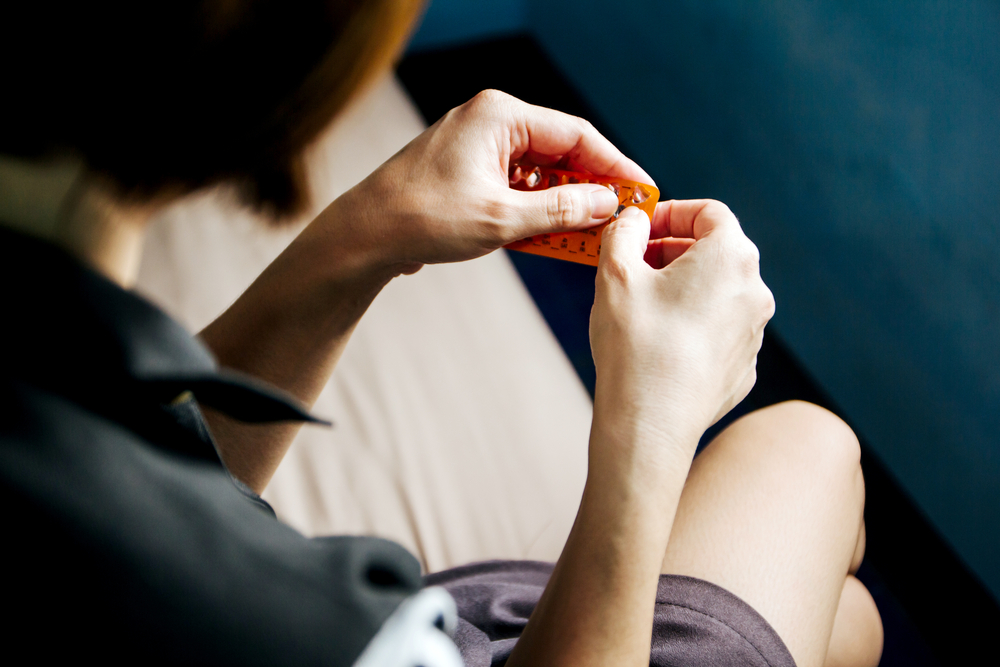Polycystic Ovary Syndrome (PCOS) not only has an impact on one’s physical health, but also on their mental health. It is believed that women who are diagnosed with PCOS are three times more likely to have anxiety disorders or depressive episodes. While research about what causes these mental issues are still underway, the most common belief is that hormonal fluctuations, especially lower levels of serotonin or the “feel good” hormone, and related PCOS symptoms may cause increased risk in mental health issues.

Dr Sameer Kalani, senior consultant psychiatrist and centre head, Sukoon Health, Gurgaon states, “PCOS can cause several mental health issues such as anxiety, depression, and eating disorders, owing to the changes in hormone levels which lead to extreme mood swings. We usually recommend psychotherapy. This involves talking to the patient to understand how and what they are feeling. If needed, we can adopt a psychopharmacological or a medication-based treatment, keeping in mind the medication the patient has already been prescribed for PCOS.”

Now, if a patient has been prescribed birth control medication, a common prescription for PCOS, this then helps to establish the underlying cause of the mood swings. Appropriate steps are then taken by supervising psychiatrist and gynaecologist to reduce its impact on mental health, while it still serves it purpose. Dr Kalani elaborates, “Several drugs can induce mood disorders. In such cases, psychiatrists can get in touch with the doctors treating the biological condition. Through a collaborative effort, they can modify the prescribed medication in a manner that lessens its effect on mental health. However, if that is not possible, then both conditions (PCOS and mood disorder) are treated separately, independent of each other. Antidepressants are prescribed in tandem with their regular medication.”

When it comes to treatment options, the most common advice is to first work towards an active lifestyle to manage the symptoms of PCOS, and then move on to medication. However, this is best done after consulting a gynaecologist. “Ideally, the most effective treatment for a mood disorder caused by PCOS is the combination of pharmacology (antidepressants, anxiolytics) and psychotherapy. In psychotherapy, there are two levels – Cognitive Behaviour Therapy and Dialectical Behavioural Therapy. In Cognitive Behaviour Therapy, we work on changing one's attitudes by focusing on the thoughts, images, beliefs, and attitudes (cognitive processes) and analysing how these processes have an impact on behaviour, and an individual’s ability of dealing with their emotions. Dialectical Behavioural Therapy focuses on making the patient live in the moment, developing healthy ways to cope with stress, regulating emotions, and improving interpersonal relationships. During or post the treatment the patient should also look into lifestyle alterations which would include a change in diet and regular exercise for best results,” Dr Kalani signs off.